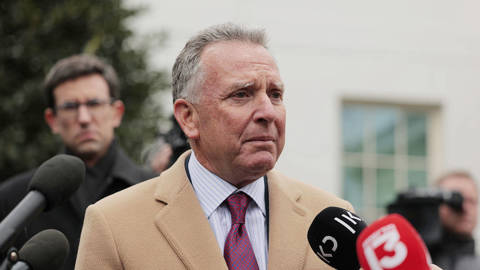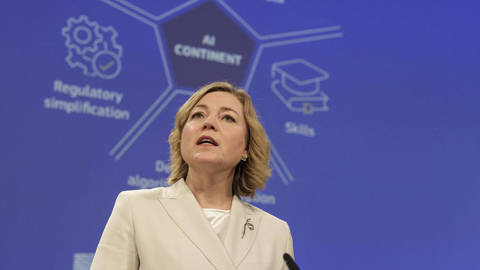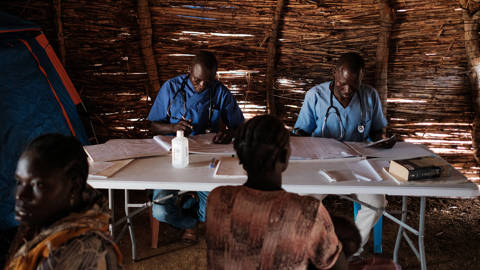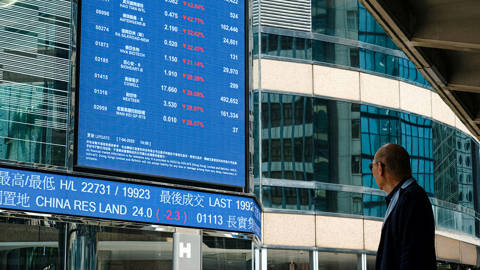Huang Yiping
Huang Yiping, Dean of the National School of Development and Distinguished Professor at Peking University, is a member of the Monetary Policy Committee of the People’s Bank of China.
-
How Should China Respond to Trump’s Tariffs?
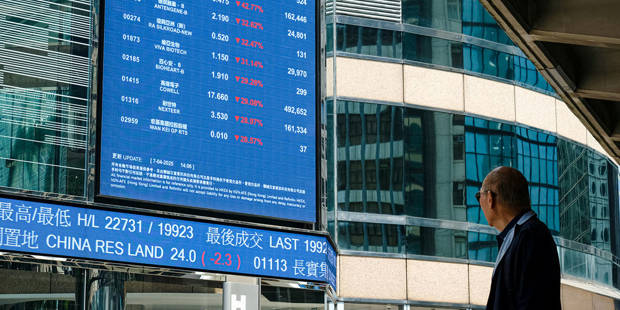
How Should China Respond to Trump’s Tariffs?
Apr 11, 2025 Huang Yiping urges Chinese policymakers to fill the leadership vacuum created by America’s protectionist turn.
-
What Will Happen to China’s Economy in 2025?
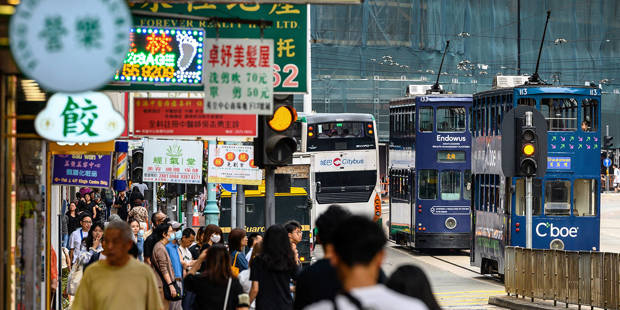
What Will Happen to China’s Economy in 2025?
Dec 11, 2024 Huang Yiping identifies three key challenges that the government must overcome to achieve 5% growth.
-
China’s Overcapacity Can Help the World
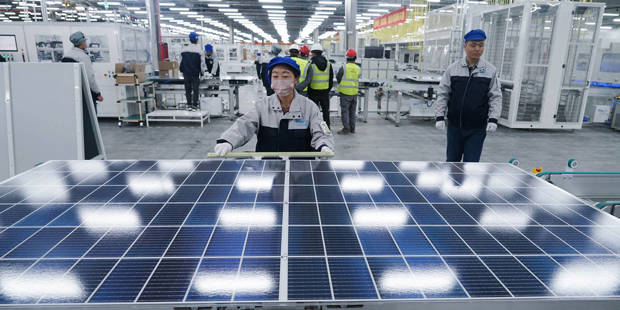
China’s Overcapacity Can Help the World
Oct 15, 2024 Huang Yiping shows how Chinese industry and capital can accelerate the green transition in developing countries.
-
China Must Rein in Local Governments
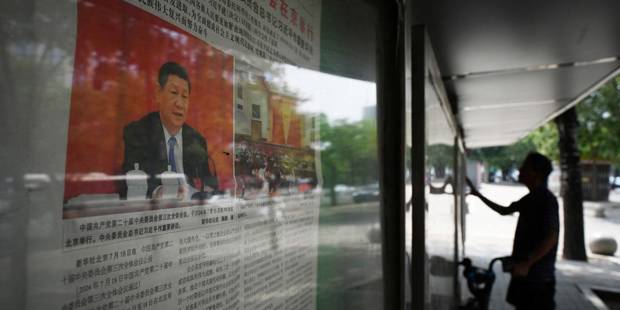
China Must Rein in Local Governments
Aug 2, 2024 Huang Yiping warns that these entities are now the greatest source of market distortion and financial risk in the country.
-
China’s Digital Revolution in Bank Lending
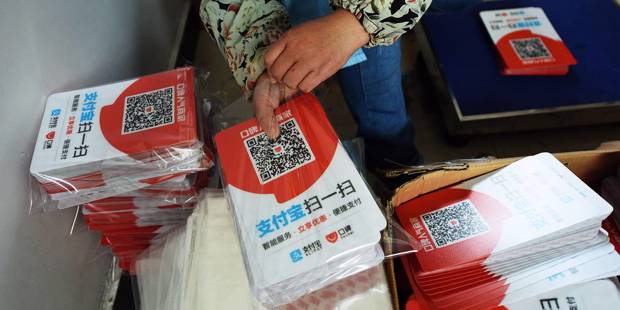
China’s Digital Revolution in Bank Lending
Feb 13, 2020 Huang Yiping shows how the country's online banks are using non-traditional data to broaden financial inclusion.

